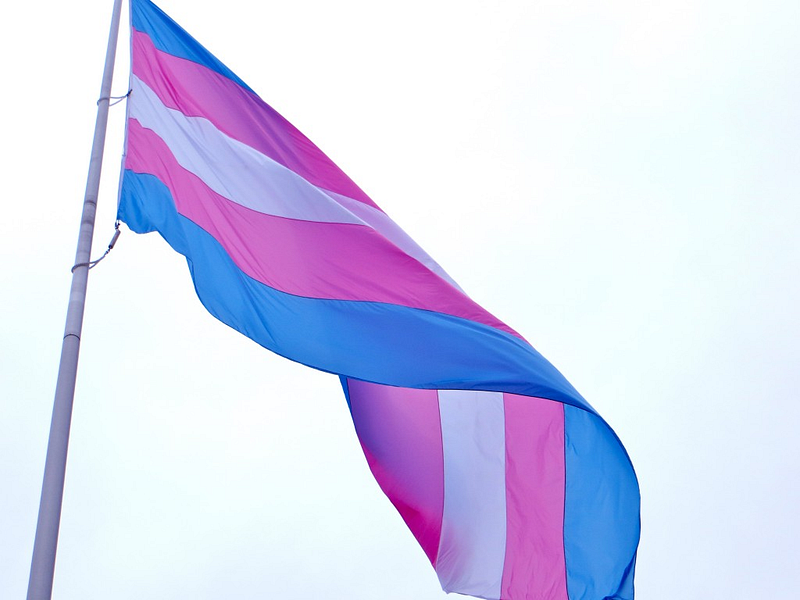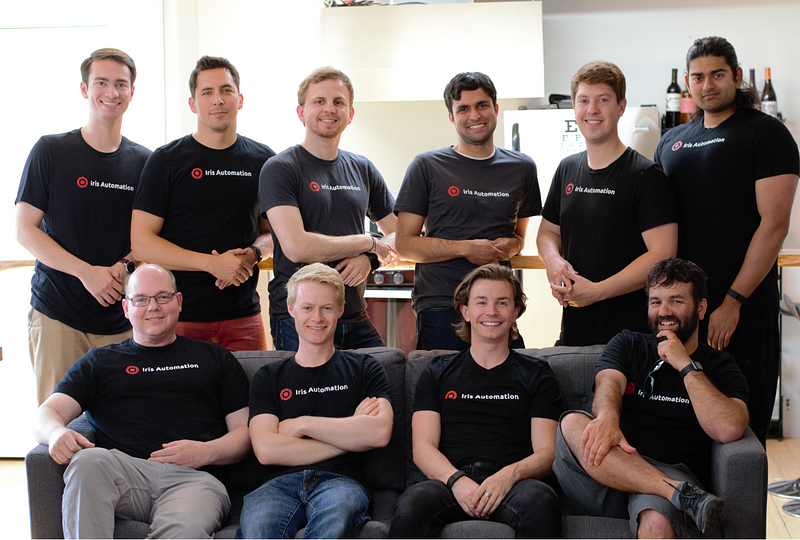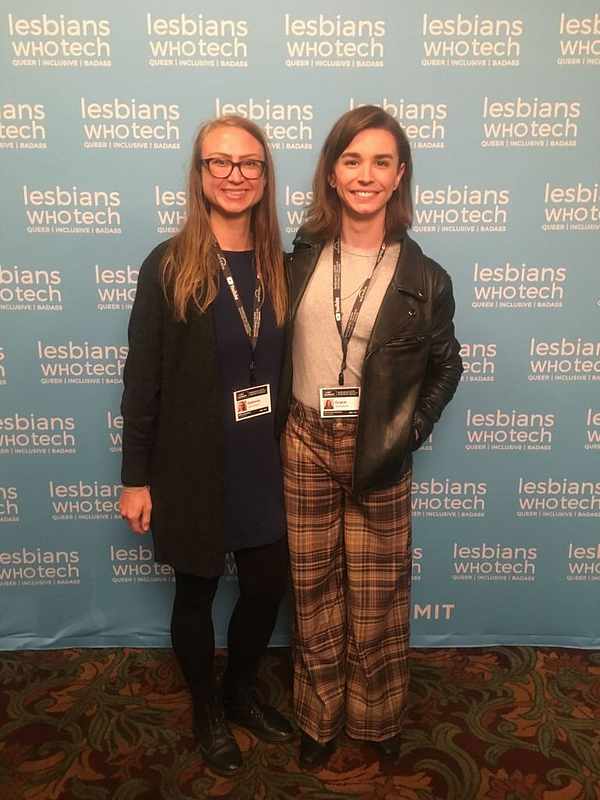How I came out as trans while a business leader in tech

It’s the middle of June, late in the morning when the summer fog starts to burn off and concede to the California sunshine filtering softly through the window. I’m sitting across from Alex, my boss and CEO of the company I moved to San Francisco last year to help build. We’re in a crowded coffee shop around the corner from our office: an unusually removed setting for our weekly check-in that signals a shift in the gravity of the impending conversation. My hands are trembling.
I hear the words tumble out of my mouth as if someone in the booth next to us said them. I tense, bracing for what comes next, as Alex thanks me for telling him. We go on to discuss what this means for Iris, our team, my role. We agree to make a plan to tell the rest of management at an upcoming offsite, and eventually the whole company.

A few weeks earlier I’d finally come to terms with the fundamental identity I’d spent the preceding 25 years battling to evade. With the loving support of my partner and a calendar’s worth of difficult self-exploration in therapy, I came out to myself as transgender and made the difficult decision to begin my social and physical transition from male to female.
I remember the days that followed as a mosaic of moments, with a lot of time meditating on what I assumed I would have to give up in order to gain a truer sense of self. I considered the privileges of acceptance and love from my family and friends, respect from my colleagues, my personal and bodily safety, and my professional ambitions. And as I’ve walked through life in these new shoes I’ve made compromises, as most transgender people do, but many of these experiences for me have been colored by my role as a business leader in tech.
In queer and trans circles, the concept of allyship — when those with privilege use their voices to amplify those of the marginalized — is well-understood. To help strengthen my resolve, I decided to break HBR management rule #1 and look within the team of people I manage for help.
I’ve worn many hats throughout my time at Iris, including salesperson, recruiter, investigator, product manager, social coordinator, and graphic designer — to name just a few. The diversity of these responsibilities and the cutthroat, growth-at-all-costs mentality of Silicon Valley led to a strong feeling of apprehension when I thought about how to best come out professionally.
Our leadership team at the time was 100% heterosexual and male-identified, an altogether too common trend within tech, and I worried about how my news would be interpreted. The last thing I wanted was to lose the respect of the leadership team that I’d worked hard to build rapport with, or create doubt in the minds of the founders as to my commitment to the success of the company.

Being near the top of a growing organization can be very isolating, and without the support of a human resources department or a traditional supervisor, you’re often left to struggle through things alone or seek support in unorthodox places. In queer and trans circles, the concept of allyship — when those with privilege use their voices to amplify those of the marginalized — is well-understood. To help strengthen my resolve, I decided to break HBR management rule #1 and look within the team of people I manage for help.
Stephanie is a close member of my team who is both queer-identified and a vocal advocate for queer-inclusion in our workplace, having delivered educational programming at Iris on topics of gender and sexuality in the past. The decision to lead with vulnerability by opening up to Stephanie and asking for her support was rewarded with sincere care and the act of holding space that continues to provide me with the strength and courage I need to show up to work each day.

This event is a deeply poignant moment in my transition. Until this point, my naive concept of leadership was of a solitary, authoritarian, unfeeling endeavor where weakness was punished and strength rewarded. By humbling my ego and asking for help, I learned the value of empathy and mutual support, concepts that women and queer folks often employ to succeed in the patriarchal world of business.
I have been lucky to have had such a smooth time finding acceptance from my colleagues at Iris. Most of the difficulties I’ve faced in my professional transition has come from experiences in the aviation industry at large. Many of its traditional centers of commerce — Kansas, Alabama, Texas — are deeply unsafe and unwelcoming places for me now due to the current political climate in those states. Coupled with the glacial pace of updating government identification, this has negatively impacted my ability to comfortably travel for business, limiting my capacity to contribute to the sales and regulatory functions of the company. My attempts to explain my transition to old industry contacts of mine have often been met with confusion, embarrassment, or some combination of both. In the most ideal situations, where I am read accurately as a woman, I face the reality of relearning how to conduct myself in business, as the rules of the game do not apply evenly.
Most acutely for me was comparing my experience coordinating Iris’ presence on the show floor at AUVSI Xponential, the largest drone conference in the world, this year versus last. As I worked the booth last month as Grace and not Aaron, I was routinely dismissed, talked over, condescended, and otherwise disrespected by men who thought I was some sort of receptionist or gatekeeper to the assumed-to-be male company leaders who would have the answers to their questions.
I’ve come to realize that where the gravity of my transition is felt most depends on shared history. For those who have longer concepts of my former self like my family, there is a struggle to reconcile who I am with who I was, and they often feel grief or loss. The shorter and less personal my story is with someone, from acquaintances to strangers, the more that weight seems to shift inwards to my own shoulders as I struggle to rediscover my place in the world.

My happy medium is Ben: our ever smiling, elderly doorman at 110 Sutter St in San Francisco. On October 22nd, months after the coffee shop and the day after I came out publicly, I showed up to our office as myself for the first time. Ben greeted me as Aaron as he did every morning, and I kindly corrected him for the first time.
I’m proud to say that the same smile has welcomed me as Grace without fail every day since.
